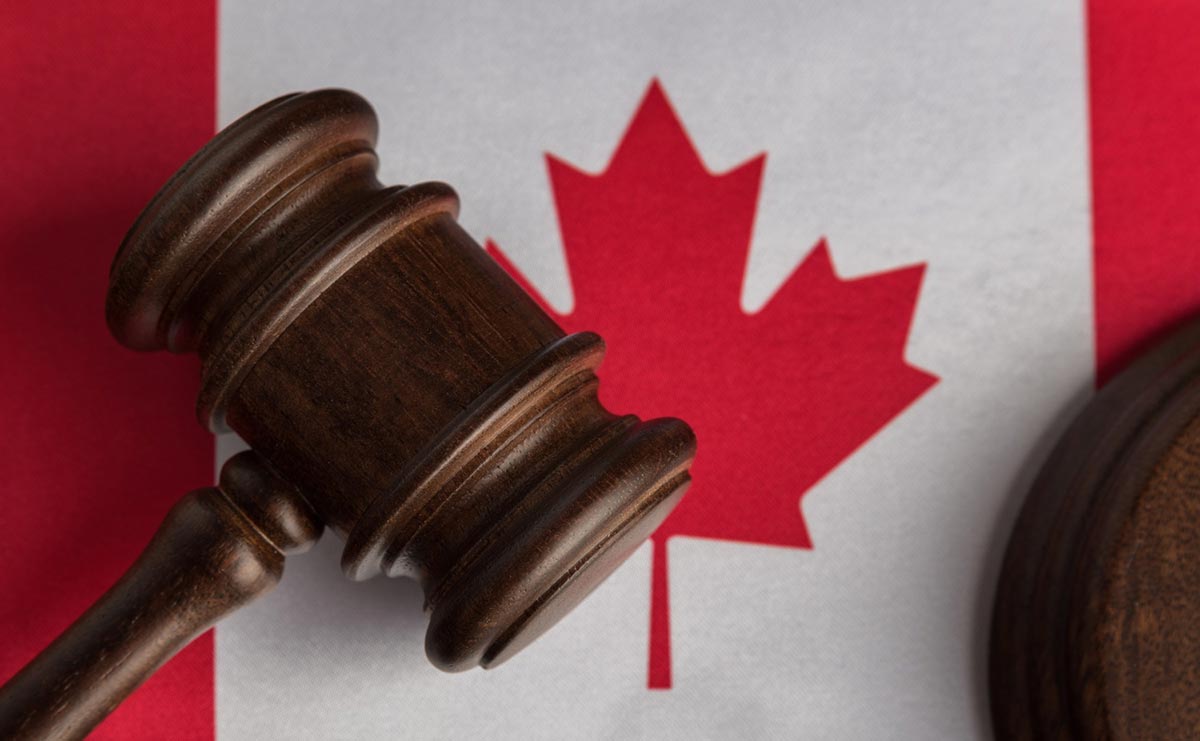Contents
What Are Limitation Periods in Canada?
Understanding limitation periods in Canada is crucial for anyone involved in legal proceedings, whether they are plaintiffs or defendants. Limitation periods, which set the maximum time after an event within which legal proceedings may be initiated, vary significantly across the country’s provinces and territories. These time limits are established to ensure fairness and certainty in the legal process, preventing the indefinite threat of lawsuits and encouraging the timely resolution of disputes. Each province and territory has its own set of rules and regulations governing limitation periods, often dependent on the nature of the legal action.
General Limitation Periods by Province
Alberta
In Alberta, the limitation period for general civil claims is 2 years from the date of discovery, as stipulated by the Limitations Act. This means that a plaintiff has 2 years from the date they knew or ought to have known about the claim to initiate legal proceedings. Additionally, Alberta has an ultimate limitation period of 10 years from the date the claim arose, regardless of the date of discovery. This ultimate period ensures that claims are not brought indefinitely, promoting legal certainty and finality.
British Columbia
In British Columbia, general civil claims must be filed within 2 years from the date of discovery, as stipulated by the Limitation Act. Additionally, there is an ultimate limitation period of 15 years from the date the claim arose.
Manitoba
In Manitoba, general civil claims must be filed within 2 years from the date of discovery, as per the Limitations of Actions Act. Furthermore, there is an ultimate limitation period of 15 years from the date the claim arose.
New Brunswick
General civil claims must be filed within 2 years from the date of discovery, according to the Limitations of Actions Act. There is an ultimate limitation period of 15 years from the date the claim arose.
Newfoundland and Labrador
Under the Limitations Act, general civil claims must be filed within 2 years from the date of discovery. Also, there is an ultimate limitation period of 10 years from the date the claim arose.
Nova Scotia
In Nova Scotia, general civil claims must be filed within 2 years from the date of discovery, as stipulated by the Limitation Act. And there is an ultimate limitation period of 15 years from the date the claim arose.
Ontario
In Ontario, general civil claims must be filed within 2 years from the date of discovery, as specified by the Limitations Act. Additionally, there is an ultimate limitation period of 15 years from the date the claim arose.
Prince Edward Island
In Prince Edward Island, general civil claims must be filed within 2 years from the date of discovery, as outlined in the Limitations Act. There is an ultimate limitation period of 15 years from the date the claim arose.
Quebec
The limitation period for general civil claims is 3 years from the date of discovery, as outlined in the Civil Code of Quebec. However, there is an ultimate limitation period of 10 years from the date the claim arose.
Saskatchewan
In Saskatchewan, the Limitations Act stipulates that general civil claims must be filed within 2 years from the date of discovery. Furthermore, there is an ultimate limitation period of 15 years from the date the claim arose.
Yukon
In Yukon, general civil claims are governed by the Limitations of Actions Act, which requires filing within 2 years from the date of discovery. Moreover, there is a maximum limitation period of 10 years from the date the claim arose.
In many provinces, the limitation period is triggered by the date the plaintiff knew or should have known about the claim. This period can be paused (tolled) under certain conditions, such as if the plaintiff is a minor or has a disability. Additionally, specific types of claims, like personal injury, property damage, or defamation, may each have unique limitation periods.
Can the Limitation Period Be Extended in Canada?
Yes, a limitation period can be extended in Canada under certain circumstances. These circumstances can vary by province and type of claim but generally include:
- Discovery Rule: The limitation period may be extended if the claimant did not discover and could not have reasonably discovered the cause of action until a later date.
- Acknowledgment or Payment: If the debtor acknowledges the debt or makes a partial payment, the limitation period may restart.
- Fraud or Concealment: If the defendant has committed fraud or has deliberately concealed facts relevant to the claim, the limitation period may be extended.
- Minority or Incapacity: For claimants who are minors or mentally incapacitated, the limitation period may be extended until they reach the age of majority or regain capacity.
- Legislative Exceptions: Specific legislation may provide exceptions or extensions for particular types of claims.
What Happens When the Limitation Period Expires?
If the limitation period expires in Canada, several consequences can arise. The claimant generally loses the right to bring legal action regarding the claim, and the courts will typically dismiss the case if the defendant raises the expired limitation period as a defense. This gives the defendant a strong defense strategy, allowing them to avoid liability. Additionally, the expiration provides finality and legal certainty, preventing old claims from being pursued long after the events occurred. However, in rare cases, the court may grant equitable relief if the claimant can demonstrate exceptional circumstances that justify extending or disregarding the limitation period. It is essential to be mindful of and comply with the relevant limitation periods to preserve the right to seek legal remedies.
Disclaimer: The content provided on this blog is for informational purposes only and does not constitute legal, financial, or professional advice.







